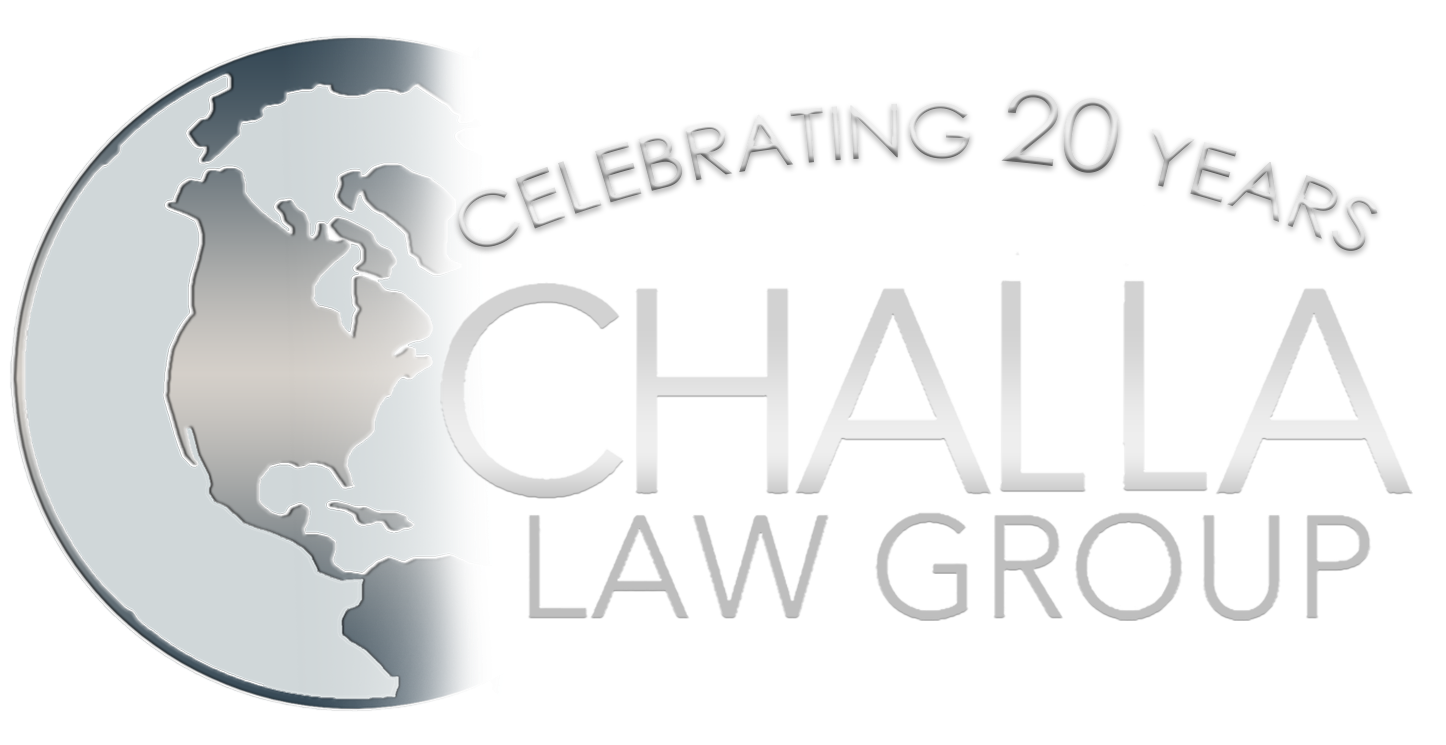USCIS Rushes to Modify H-1B Cap Registration & Selection Process Before March
[UPDATE: DELAYED UNTIL DECEMBER 31, 2021]
USCIS Rushes to Modify H-1B Cap Registration & Selection Process Before March
USCIS announced that a rule first proposed in November that modified the H-1B cap selection process will be effective prior to this year’s H-1B registration period. Despite comments submitted through December of 2020, DHS moved forward with publishing the final rule without modification. The new policy will change the selection from a random process to one based on wage levels. In the announcement, USCIS stated that the new modifications will “incentivize employers to offer higher salaries, and/or petition for higher-skilled positions, and establish a more certain path for businesses to achieve personnel needs and remain globally competitive.”
In 2020, the H-1B registration window opened on March 1 and stayed open through March 20, 2020. While no timeline has been announced for 2021, the new rule leaves employers and employees only weeks to adjust to the new selection process if it were implemented, with an effective date of March 8, 2021. There has been no USCIS guidance released on how the registration process will be operationally different than in 2020. President-Elect Biden has indicated he will sign a memo preventing “midnight” rules from taking effect immediately, so it is likely the registration rule will not be implemented for this year’s H-1B cap selection process.
Previous DOL and DHS rules attempting to increase prevailing wages were struck down by the courts last year.
Key Provisions of the Proposed Rule
While the H-1B cap registration system has historically been a random selection process, the rule would shift to a ranking of registrations based on the highest OES wage level that the proffered wage equaled or exceeded for the relevant SOC code in the area of intended employment. The top-ranked registrations would begin at OES wage level IV and proceed in descending order.
Wage Considerations
- If the proffered wage falls below OES wage level I because the wage is based on a prevailing wage from another legitimate source (other than OES) or an independent authoritative source, USCIS will rank the registration as OES level I.
- After the 65,000 “regular cap” selections are made, the same process would be utilized to meet the advanced-degree exemption.
- If USCIS receives and ranks more registrations at a particular wage level than the projected number needed to meet the applicable numerical allocation, USCIS will randomly select from all registrations within that particular wage level to reach the applicable numerical limitation.
- If the H-1B beneficiary will work in multiple locations, USCIS will rank and select the registration based on the lowest corresponding OES wage level that the proffered wage will equal or exceed.
- Where there is no current OES prevailing wage information for the proffered position, USCIS will rank and select the registration based on the OES wage level that corresponds to the requirements of the proffered position.
- The electronic registration form (and the H-1B petition) will be amended to require provision of the highest OES wage level that the proffered wage equals or exceeds for the relevant SOC code in the area of intended employment.
Registration & Adjudication Updates
- The proposed rule requires that a valid registration must represent a legitimate job offer.
- USCIS may deny the petition if it is determined that the statements on the registration or petition were inaccurate, fraudulent, or misrepresented a material fact.
- A petition also may be denied if it is not based on a valid registration submitted by the petitioner (or its designated representative), or a successor in interest, for the beneficiary named in the petition.
- USCIS may deny or revoke approval of a subsequent new or amended petition filed by the petitioner, or a related entity, on behalf of the same beneficiary, if USCIS determines that the filing of the new or amended petition is part of the petitioner’s attempt to unfairly decrease the proffered wage to an amount that would be equivalent to a lower wage level, after listing a higher wage level on the registration to increase the odds of selection.
- USCIS will not deny an amended or new petition solely on the basis of a different proffered wage if that wage does not correspond to a lower OES wage level than the wage level on which the registration was based.
We will be closely monitoring the challenges to this rule in order to best advise on preparation for this year’s H-1B cap selection process.
Don’t forget to register for Challa Law Group’s webinar series, where Managing Attorney explores strategies for navigating the new immigration challenges and answers your questions live. Join us every Wednesday at 12 PM EST.
Don’t miss out on the immigration news! You can sign up for our mailing list or follow us on Facebook, Twitter, Instagram, YouTube, or LinkedIn. You can also join our Telegram community.



